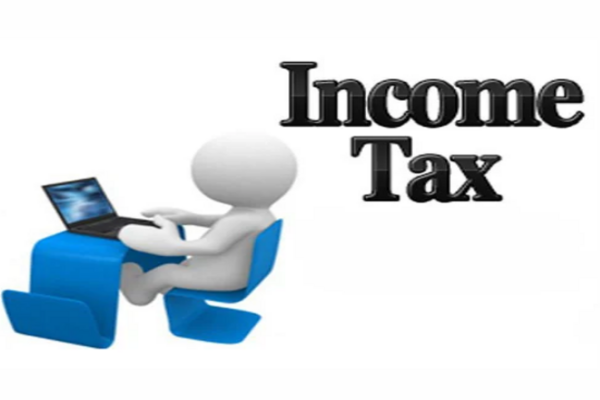
Income tax e-filing refers to the process of submitting income tax return (ITR) online to Government tax authorities in the prescribed format. Income tax e-filing is safer, simpler and quicker than visiting the Income Tax Office to file your returns. Under existing income tax rules in India, e-filing is currently mandatory for most tax assesses and replaces the earlier paper-based system of filing ITR. The last date for filing income tax returns is July 31st every year. If the user files it one or two months prior to this date, they can complete the task more swiftly with less congestion as servers tend to get overloaded when the final date approaches. Online filing of tax returns helps the taxpayer to keep a record of all the financial transactions with the Income Tax Department in a more effective manner. This record can act handy if the taxpayer wishes to carry out a business relation with any other organization supporting such records in the future. If the taxpayer is unable to file income tax returns for the previous year, he is liable to pay penal interest for every extra day till the date when payment is paid. So, advance filing of income tax return saves you from the additional fine.
ITR Forms for e-filing Income Tax
ITR 1- Resident individuals (except not ordinary residents) with income from salary, single house property and other sources (such as interest, capital gains, etc.) not exceeding Rs. 50 lakhs annually. Also to be used by those with agricultural income up to Rs. 5,000 annually.
ITR 2- Individuals/Hindu Undivided Family (HUFs) who do not have income from profits/gains of profession/business.
ITR 3- Individuals/HUFs who have income from profits/gains of profession/business.
ITR4- Resident Individuals/HUFs/Firms (excluding LLP) with annual income up to Rs. 50 lakhs from business/profession computed u/s 44AD, 44ADA, 44AE.
ITR 5- Tax Assesses except Individual, Company, HUF and those filing ITR 7.
ITR 6- Companies apart from those claiming exemption under Section 11.
ITR 7- Companies/Persons furnishing ITR under Section 139(4A), Section 139 (4B), Section 139 (4C) and Section 139 (4D).
Required Documents
• General Details (Bank Details, Pan, Aadhar Details)
• Salary Reporting
• House Property Income
• Capital Gains
• Reporting Income
